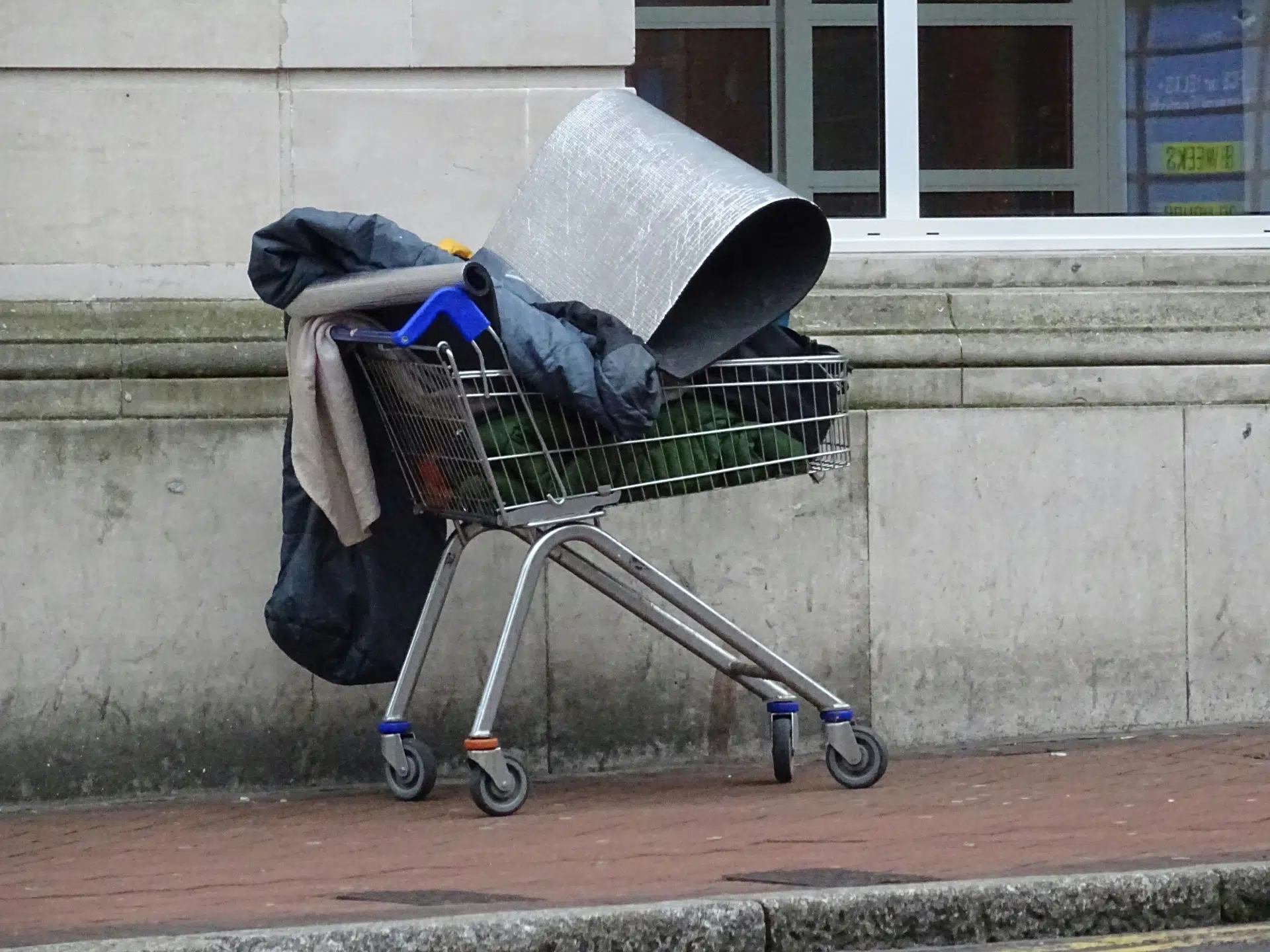
Concerns for the homeless population are continually being renewed with the Matawa First Nations Management (MFNM).
In a written release Wednesday, they express concern over four incidents that have happened in October alone.
They include when a Fowler man ran over a tent at the County Fair Plaza, a group was harassing and intimidating homeless people in the Parkdale neighbourhood, as well as a threatening email and voicemail left by the same individual expressing their disbelief in homelessness and lack of compassion for the issue at hand with vague threats that their neighbourhood will “make sure it doesn’t happen again”.
All of these incidents have been reported to the Thunder Bay Police as well as Lakehead Social Planning Council’s Incident Reporting site.
The Canadian Observatory on Homelessness says that the causes of homelessness can be broken down into three categories:
- Structural factors, such as economic and societal issues that affect opportunities, environments, and outcomes for individuals. This includes poverty, discrimination, lack of affordable housing, and the impact of colonialism on Indigenous Peoples.
- Systems failures, where systems of support are inadequately delivered. Barriers to accessing public systems (health, social services, and legal supports), and failed transitions from publicly funded institutions (child welfare, hospitals, and corrections) are examples of systems failures.
- Individual and relational factors where personal circumstances, such as crises (like sudden unemployment or a house fire), mental health and addiction, housing insecurity, and interpersonal violence, can lead to homelessness.”
With a reminder on Thunder Bay’s 2018 Point in Time Homelessness Count report, that calls for more culturally competent supports and the lack of Indigenous-led organizations and groups in Thunder Bay, which has been proven successful in other Canadian cities like Victoria and Vancouver, British Columbia.
Funding for MFNM isn’t guaranteed past this November, and have been denied other supports from the Thunder Bay Urban Aboriginal Advisory
Committee (UAAC).









